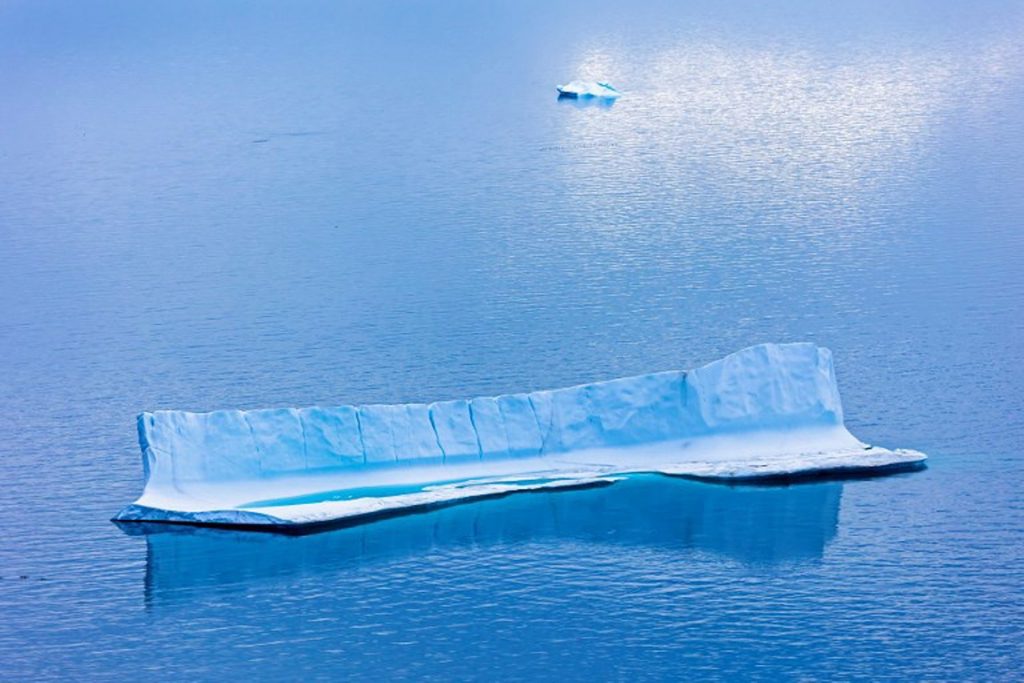The Arctic could be devoid of sea ice in summer as early as the 2030s, much earlier than previously estimated, researchers warned in a paper published on Tuesday.
This could happen even if greenhouse gas emissions are reduced, they said.
The scientists, based in Korea, Canada and Germany, used observational data from the years 1979-2019 to run new simulations. The results indicate that the first September without sea ice will occur as early as the years 2030-2050, they concluded in the journal Nature Communications.
This is about a decade earlier than recent projections by the Intergovernmental Panel on Climate Change, the UN-mandated group of climate experts, noted one of the paper’s co-authors, Seung-Ki Min of South Korea’s Pohang and Yonsei universities.
When experts talk about absence of ice, they mean an area of less than one million square kilometres. The Arctic Ocean extends over 14 million square kilometres and is covered in ice for most of the year. September is the month in which the ice usually reaches its annual minimum.
The researchers also believe the decline in the ice can be attributed mainly to greenhouse gas emissions.
The sea ice plays a very important role in summer, reflecting the sun’s rays, which helps to cool the Arctic. This mirror is getting smaller and smaller, so the Arctic is warming much faster than other regions.
The disappearance of the ice will accelerate Arctic warming, which can increase extreme weather events at mid-latitudes, such as heatwaves and forest fires, according to Seung-Ki Min.
It may also accelerate global warming, by melting the permafrost, as well as rising sea levels by melting the Greenland ice sheet, the researcher added.

